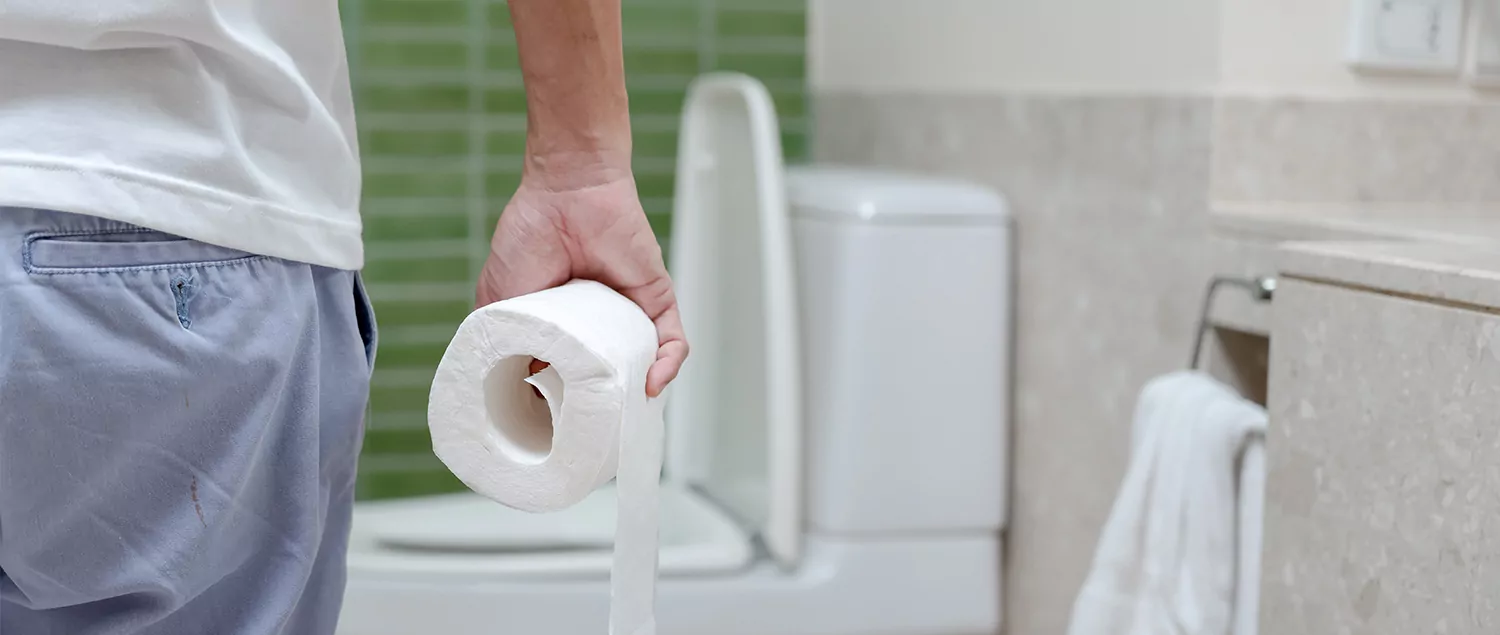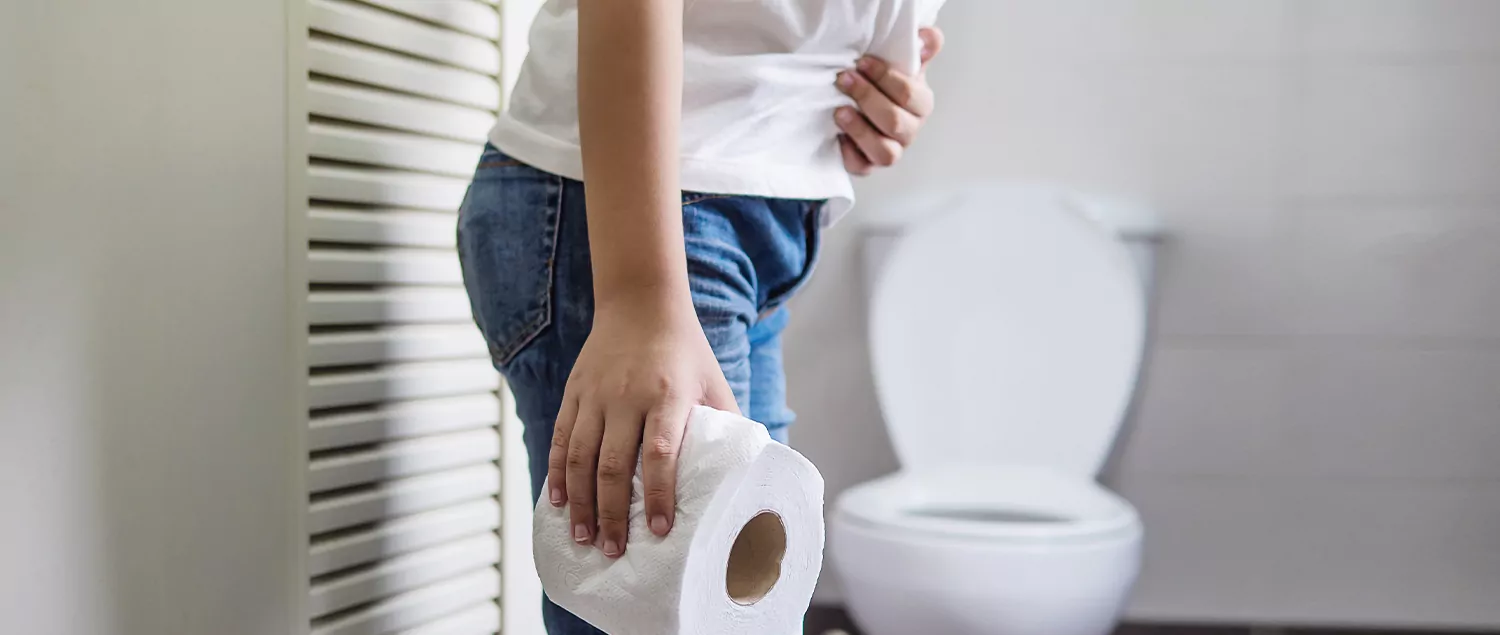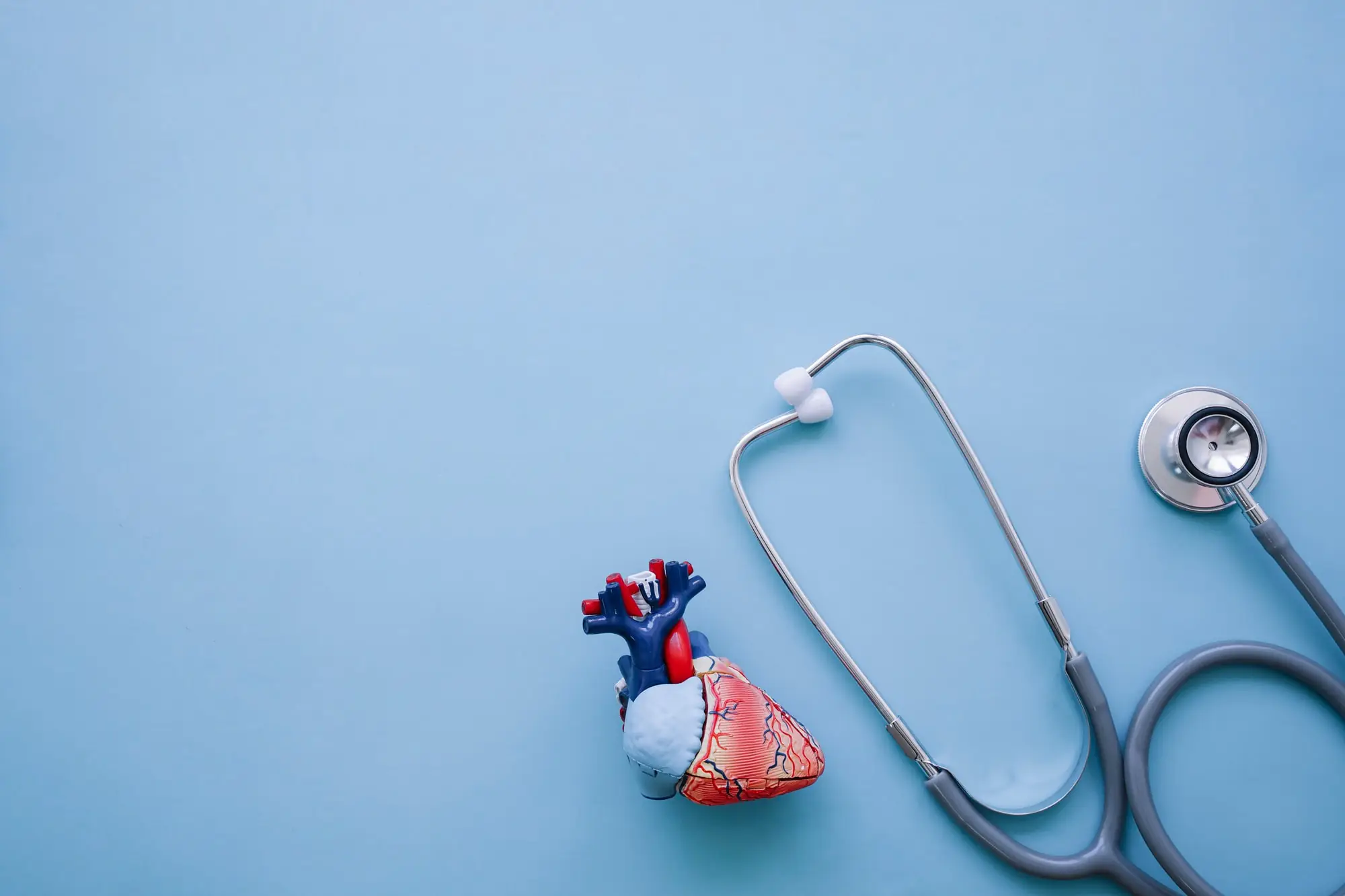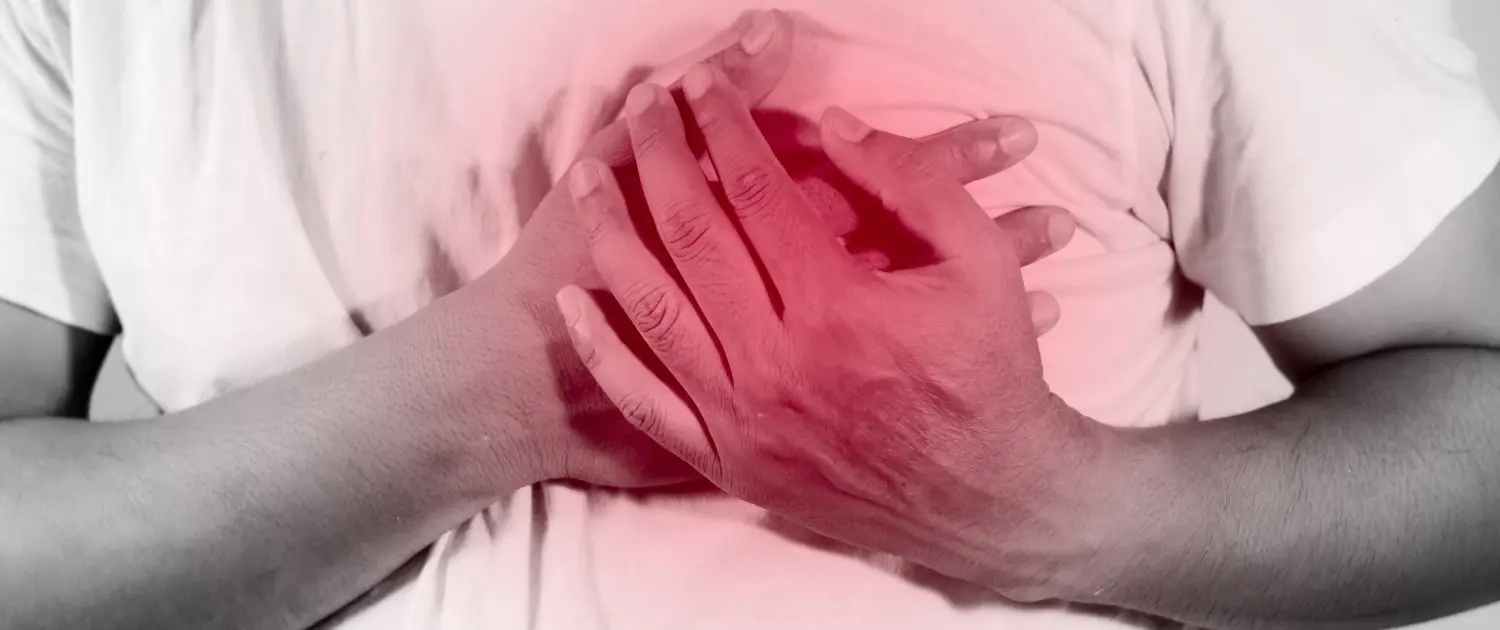How Does Constipation Go Away?
Constipation is a health problem that negatively affects the process of stool formation and defecation. It is usually characterized by fewer than three trips to the toilet per week or difficulty with defecation. Many factors can contribute to constipation. Nutritional and physical activity conditions, medications and certain diseases are among the underlying causes of constipation. Constipation can be acute or chronic. It can usually be treated with lifestyle changes. In addition, medication can be used if the underlying condition is medical problems. If you are looking for an answer to the question “What is constipation?” you can read the rest of the articleWhat is Constipation?
Constipation, known as “constipation” in medicine, is a defecation problem that occurs when the stool is drier, harder and lumpy than normal. The technical definition of constipation can be assessed according to the number of times a week you defecate. According to this definition, going to the toilet less than three times a week can be explained as constipation. However, defecation several times a day to once a week may be considered normal for some people. The presence of additional signs and symptoms can therefore be checked. Constipation can be characterized by pain, cramps, noises and a feeling of fullness in the bowel and abdomen. There may be discomfort and pain during defecation, and it may be felt that the intestines are not completely emptied.What are the Symptoms of Constipation?
Constipation can manifest itself with a number of signs and symptoms. Common constipation symptoms can be:- Go to the toilet less than three times a week,
- Bloating and nausea,
- Stomach pain or cramps,
- Hard, dry and lumpy stools,
- Painful and difficult defecation,
- Feeling that the intestines are blocked or full.
What are the Symptoms of Psychological Constipation?
The nervous and digestive systems are constantly interacting. The brain, stomach and intestines are organs that can affect each other positively or negatively. In particular, diarrhea, chronic constipation and other health problems can trigger anxiety and stress, causing psychological constipation. In particular, irritable bowel syndrome is a health problem that can be caused by psychological stress and can result in constipation. Symptoms of psychological constipation may include the following:- Stomach cramps
- Feeling of bloating in the abdomen,
- Nausea
- Dry and hard stools.
What Causes Constipation?
Constipation can be caused mainly by lifestyle factors, medical problems and medications. Factors such as insufficient fiber and water consumption, sedentary life, stress can be among the lifestyle factors. Some antidepressants, antacids, painkillers, anti-nausea and anti-seizure medications, iron-containing drugs can be among the causes of gas compression and constipation. Colorectal cancer, diabetes, hypercalcemia, hypothyroidism, intestinal obstruction, MS and Parkinson’s, irritable bowel syndrome, diverticulitis, pregnancy and lupus, etc. medical conditions can cause constipation. For the answer to the question “What to do for constipation?” you can read the rest of the article.Can Diarrhea and Constipation Happen at the Same Time?
Diarrhea and constipation may occur at the same time. This is called “paradoxical diarrhea”. Paradoxical diarrhea occurs when watery stools spurt out around hard, solid stools or leak from the anus. This can occur due to fluid accumulation behind the obstruction during constipation. It can manifest as cramps, abdominal pain, rectal pain and bleeding. In some cases, constipation and diarrhea at the same time may indicate irritable bowel syndrome. In the rest of the article, you can find frequently asked questions and answers such as “What to do for constipation?”.What Are the Foods That Cause Constipation?
Nutritional factors play an important role in the development of constipation. It cannot be said that one food alone causes constipation. Instead, multiple dietary mistakes and other factors can contribute to the development of constipation. Foods and habits that cause constipation can be given as follows:- Too much fatty meat consumption,
- Food and drinks containing refined sugar,
- Processed convenience foods,
- Inadequate consumption of fruits and vegetables,
- Inadequate whole grain consumption,
- Insufficient fluid consumption.
How to relieve constipation?
Lifestyle changes can be recommended in response to the question “How to relieve constipation?”. Softer stools and easier passage through the intestines may be directly related to diet, fluid consumption and activity. In this context, the question “What is good for constipation?” can be answered as follows:- Consumption of whole grains, vegetables and fruits,
- Adequate fluid intake,
- Regular physical activity,
- Use of fiber supplements.
How to Relieve Constipation in Babies?
“How to relieve constipation in infants?” is a question often asked by parents. Constipation in infants can occur during periods of change in feeding conditions. Therefore, making some changes to your diet may be a viable option. If infants are at risk, the following practices may be recommended:- Increasing water consumption in addition to the daily diet,
- Drinking apple, plum and apricot juice prepared naturally at home,
- Whole wheat, barley, etc. the use of whole grains in recipes,
- Prunes, apples, apricot puree may need to be preferred.
How to Relieve Constipation in Children?
In relieving constipation in children, it is important to limit fast food foods high in fat and sugar and to ensure a more balanced diet. Use of whole grains and whole grains, plums with nuts, apples, pears, grapes, etc. It is recommended to encourage the consumption of fruits, broccoli, cabbage, spinach, beans, peas and green leafy vegetables. Consumption of legumes and plenty of fluids can be effective in alleviating constipation. However, games that provide physical activity as opposed to spending time in front of the screen may be an option to the question “What is good for constipation in children?” (7).How to relieve constipation during pregnancy (constipation during pregnancy)?
Constipation during pregnancy is a common occurrence. Constipation can occur in all three trimesters and may persist for some time after delivery. Constipation during pregnancy is a result of a change in hormone regulation. The methods that can be applied for constipation after normal delivery and cesarean section can be as follows:- Fruits and vegetables, whole grains and legumes can be included in the daily diet.
- Drinking at least 8-12 glasses of water every day can be encouraged.
- Instead of fruit juices, fruits with skins can be consumed.
- Probiotic-containing foods can be included in the diet.
- Moderate intensity exercise can be practiced 2-3 times a week for a minimum of 20-30 minutes.

Foods That Instantly Make You Go To The Toilet
One of the frequently asked questions for constipation is “How to relieve constipation urgently?”. In case of constipation, the foods that instantly lead to the toilet are foods that contain high fiber and activate the intestines. Recommended foods for constipation and flatulence include the following:- Prunes and prune juice,
- Apple,
- Fig
- Pear,
- Kiwi,
- Flax and chia seeds,
- Oat bran
Which diseases is constipation associated with?
Constipation can develop in connection with a number of health problems. However, it may not always be caused by a specific disease. Diseases that commonly cause constipation can be:- Irritable bowel syndrome,
- Hypothyroidism
- Colorectal cancer
- Intestinal obstruction,
- Lazy bowel syndrome,
- Diverticulitis
- Hypercalcemia
What should be done to prevent constipation?
There are some practices that should be done to prevent constipation. Constipation can be painful and severe in some individuals. Therefore, a number of methods are used to prevent constipation. To prevent constipation:- Always go to the toilet when there is a feeling of fullness in the intestines,
- Providing control and diagnosis of digestive system diseases in the presence of additional symptoms,
- Adequate and balanced diet with plenty of fluids and dietary fiber,
- Vitamin B12, magnesium, etc. Starting supplements containing vitamins and minerals under the supervision of a doctor.
Frequently Asked Questions
Read on to find out frequently asked questions and answers.
What to do for constipation after cesarean section?
Constipation after normal delivery and caesarean section is a common condition in women. Stretched pelvic muscles holding the uterus, bladder and intestines after cesarean section and incomplete intestinal placement may be effective in the formation of constipation. Less frequently, constipation may occur due to the effect of anesthetic and analgesic (painkillers) drugs. Therefore, in response to questions such as “How does constipation go away?” the following can be recommended:
- Making time for rest,
- Interventions to reduce stress and anxiety,
- Drink warm or hot herbal teas,
- Consume fruits and vegetables and whole grains containing dietary fiber.
Gradual walking some time after birth can be one of the constipation remedies
What is Chronic Constipation?
There are some criteria on which the diagnosis of chronic constipation is based. The presence of at least two of these criteria for 3 months or longer is defined as chronic constipation. The criteria used to define chronic constipation are as follows:
- Fewer than three stools per week,
- Hard and lumpy stools,
- Difficulty and straining during defecation,
- Prolonged defecation,
- Feeling of inability to relieve despite defecation.
Rectal examination etc. to diagnose chronic constipation. some tests may be necessary
How does constipation in 2-month-old babies go away?
Babies aged 0-6 months meet their daily nutritional and water needs from breast milk. However, formula can be used when breast milk is not enough. Babies fed formula foods may have fewer bowel movements, discomfort and intestinal distension due to the longer transit time of food through the stomach and intestines. Slow intestinal transit can be explained by increased secretions in formula-fed babies. However, due to its prebiotic oligosaccharide and fat content, breast milk is a good food for gut health. For the question “How to relieve constipation in babies?”, warm / slightly hot baths can be taken to relax the intestines to relieve constipation in 2-month-old babies. After bathing, the baby can be placed on its back and the legs can be moved “like riding a bicycle”. At the same time, the abdomen can be massaged with gentle and soft movements
After How Many Days Is Constipation Dangerous?
A serious course of constipation can manifest itself with some signs and symptoms. Chronic constipation and other health problems are examples. If constipation symptoms persist for more than three weeks, it is strongly recommended to consult a doctor. However, the following symptoms may indicate some problems:
- Blood in the stool,
- Abdominal pain or cramps that do not go away,
- Involuntary weight loss,
- Stool of abnormal color and structure,
- Intestinal symptoms that interfere with daily activities.
Constipation lasting 10 days is usually not dangerous, but if you experience these symptoms, contact your healthcare provider
Does Coffee Cause Constipation?
The answer to “Does coffee cause constipation?” and the effects of coffee on increasing bowel movements have not been conclusively proven. Some individuals may report increased bowel movements and defecation after consuming caffeine. On the contrary, for some people, caffeine consumption may be effective in constipation. Paying attention to the drinks consumed with coffee, preferring foods containing pulp and regulating fluid intake are important in relieving constipation.
Does yogurt cause constipation?
Yogurt is a probiotic food made by fermenting milk. Probiotics are microorganisms that are effective in improving intestinal health and relieving constipation. Therefore, as an answer to the question “Does yogurt cause constipation?”, yogurt consumption does not cause constipation and can be used in the treatment of constipation. In addition, yogurt is a good option for people with lactose intolerance and constipation. For constipation, yogurt consumption before bedtime may be recommended to regulate and protect the intestinal flora
Does Banana Cause Constipation?
Research on the question “Do bananas cause constipation?” is controversial. Unripe bananas on the market have high levels of amylase-resistant starch and tannins. This can worsen the condition in individuals who already have constipation. However, as the banana ripens, the amount of tannin and amylase-resistant starch decreases. Ripe bananas contain a large proportion of soluble forms of fiber. Other foods that provide soluble and insoluble fiber may be preferred to improve bowel health. Therefore, it may be recommended not to consume bananas in case of constipation
Which Doctor to Go to for Constipation Problem?
Gastroenterology or Internal Medicine (Internal Medicine) department can be consulted for constipation problems. Patients with constipation and endocrine disorders may need to consult the Endocrinology department. A treatment plan can be created by identifying the underlying cause of constipation.
Which Foods Contain Laxatives?
Laxative foods are functional laxatives that activate or increase the functioning and movement of the bowel. Laxative foods can help stools to form more easily and pass through the intestines. Laxative foods are mainly given as follows:
- Dark green leafy vegetables, avocado, broccoli,
- Chia and flaxseed,
- Prunes, figs, grapes, apricots, kiwi and peaches,
- Whole grain and wholemeal products,
- Cassia,
- Yogurt, cheese.
Consultation with a doctor and dietitian is recommended for the use of nutrients and food supplements





